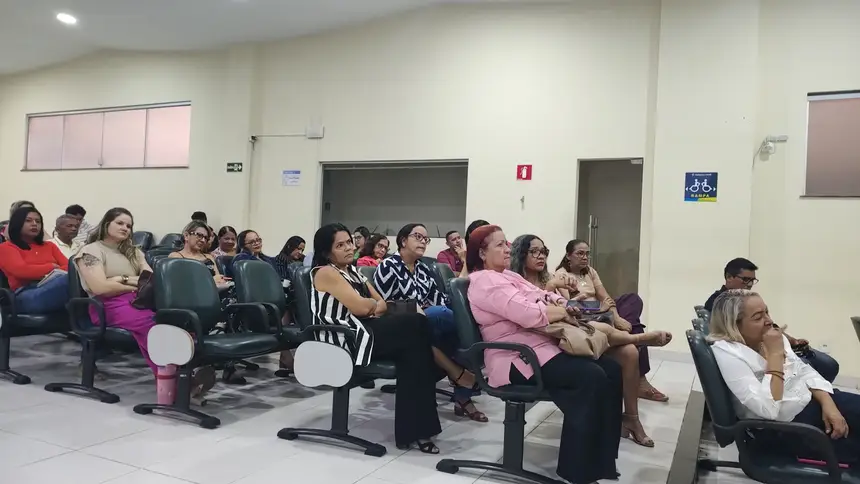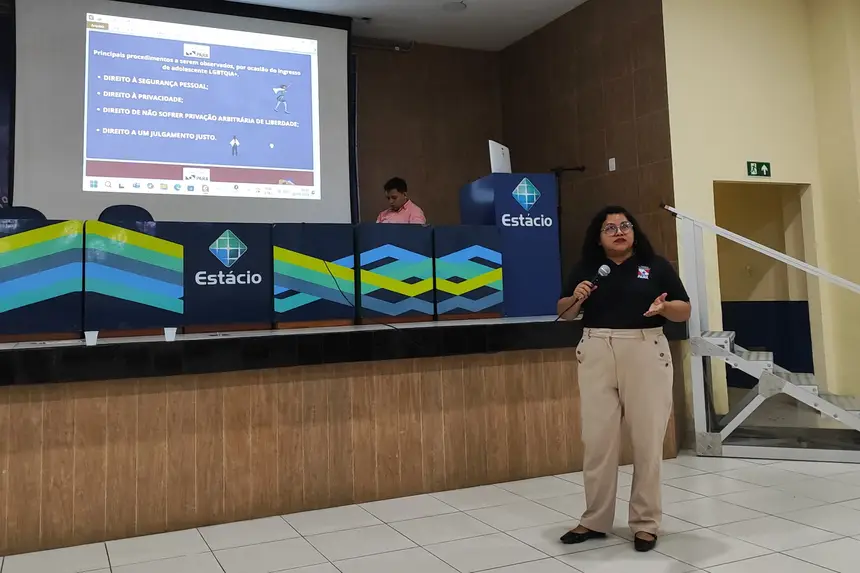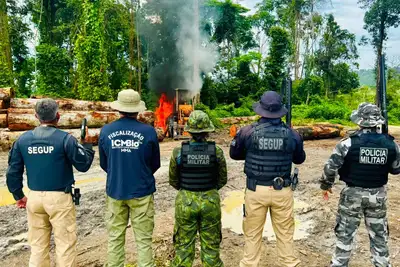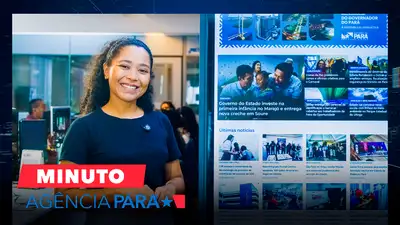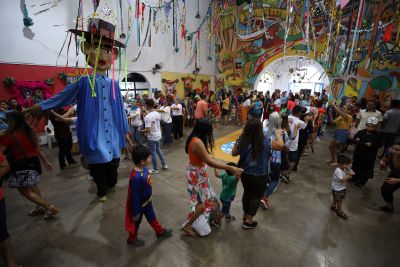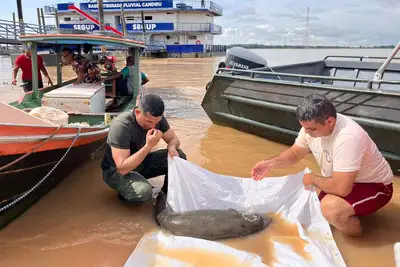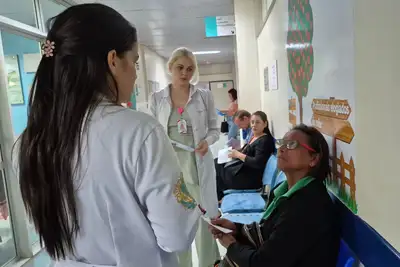Seirdh holds a new edition of the course on sexual orientation and gender literacy
Training was conducted for employees of the Pará Social-Educational Service Foundation (Fasepa)
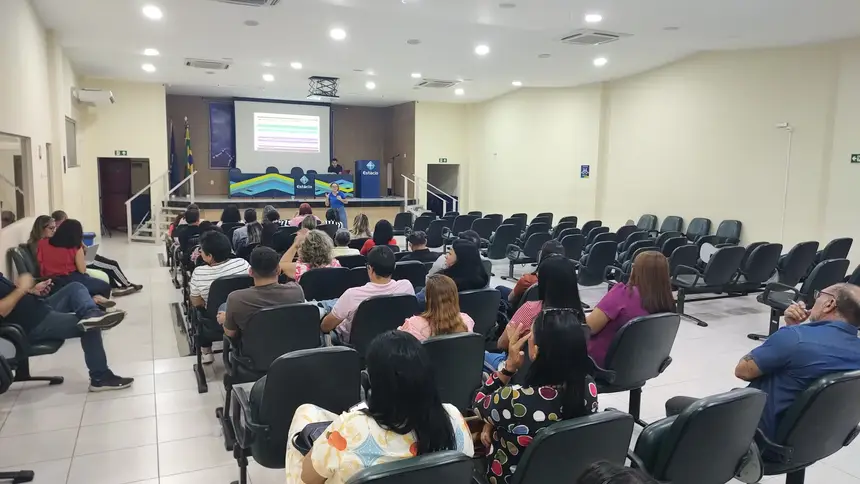
The State Secretariat for Racial Equality and Human Rights (Seirdh) held another edition of the course on sexual orientation and gender identity aimed at public servants. The training, which took place on May 20 and 21, targeted professionals from different sectors of the Pará Social-Educational Service Foundation (Fasepa).
In its second edition, the project aims to strengthen the services in the state’s socio-educational system, promoting a more inclusive and respectful public service towards diversity, with special attention to the identities and sexual orientations of adolescents undergoing resocialization.
During the two days of the course, the coordinator of Sexual Diversity and Gender at Seirdh, Gabriela Borja, and social worker Maria Rocha led discussions with participants on topics related to the LGBTQIA+ community.
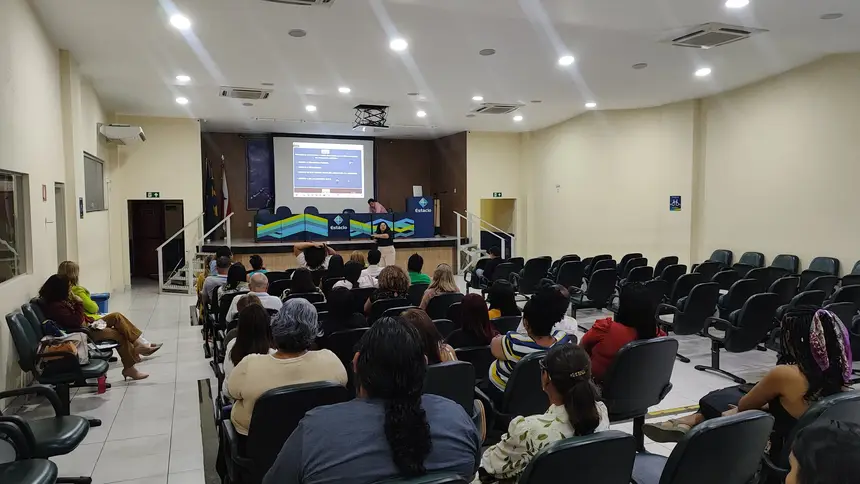
The training covered fundamental concepts such as gender identity, differences between cisgender and transgender individuals, as well as a detailed explanation of the acronyms that make up the term LGBTQIA+. Another highlight was the presentation of guidelines for the proper care of LGBTQIA+ socio-educational students, emphasizing the importance of using social names and recognizing the gender identity of adolescents, regardless of civil registration.
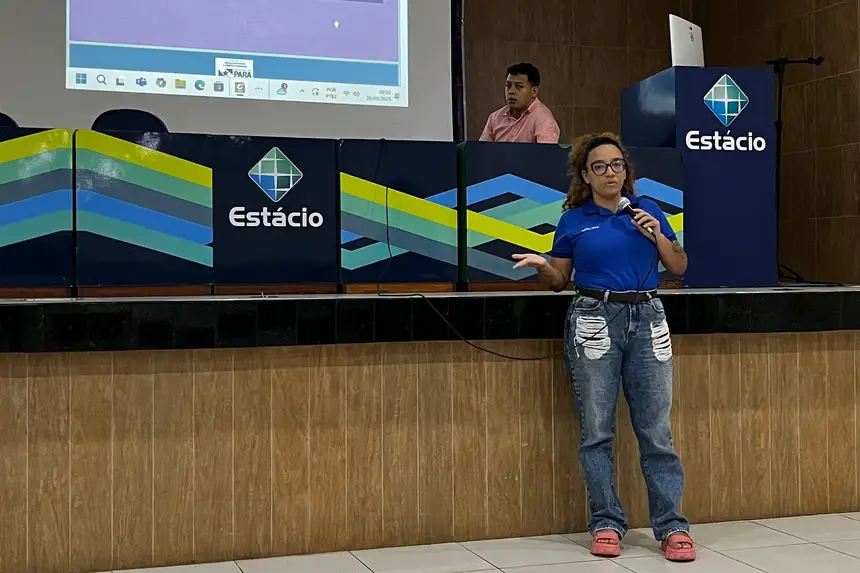
Gabriela Borja emphasized the importance of expanding the training to other public institutions. “We have already conducted this course in state schools, engaging with students about gender and sexual orientation literacy. Now, bringing this training to public servants is essential to build a more respectful, inclusive, and efficient public service. The training contributes to strengthening an institutional culture of respect for different identities and expressions,” she stated.
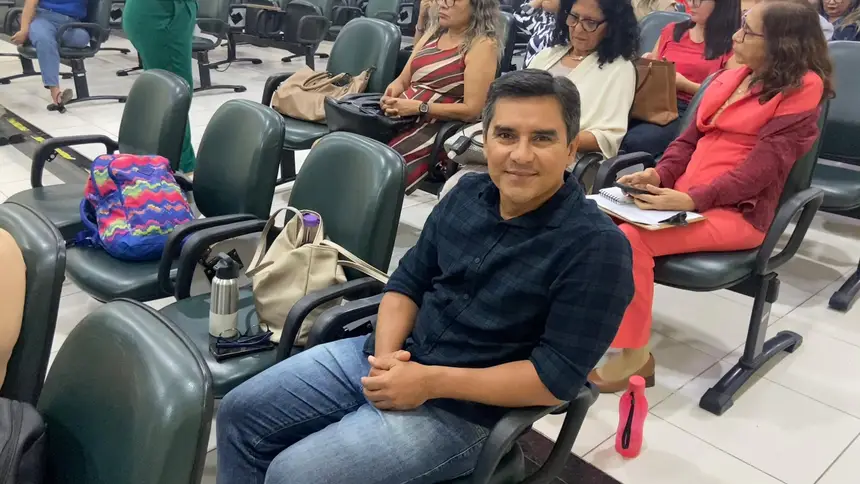
Psychologist Carlos Chagas, who is part of the ethnic-racial, gender, and sexual orientation diversity axis of Fasepa, highlighted the relevance of the initiative. “This training is essential to update the knowledge of the employees who work directly with adolescents in the units. It is an opportunity to broaden the understanding of diversity and gender. The speakers are very well prepared, and I hope this partnership continues and strengthens,” he said.


